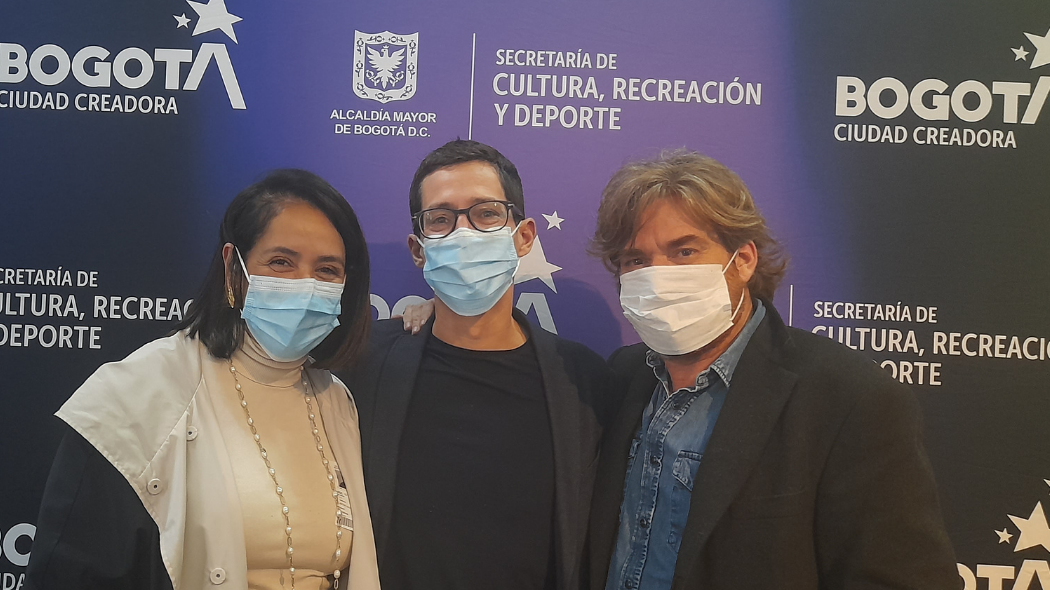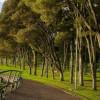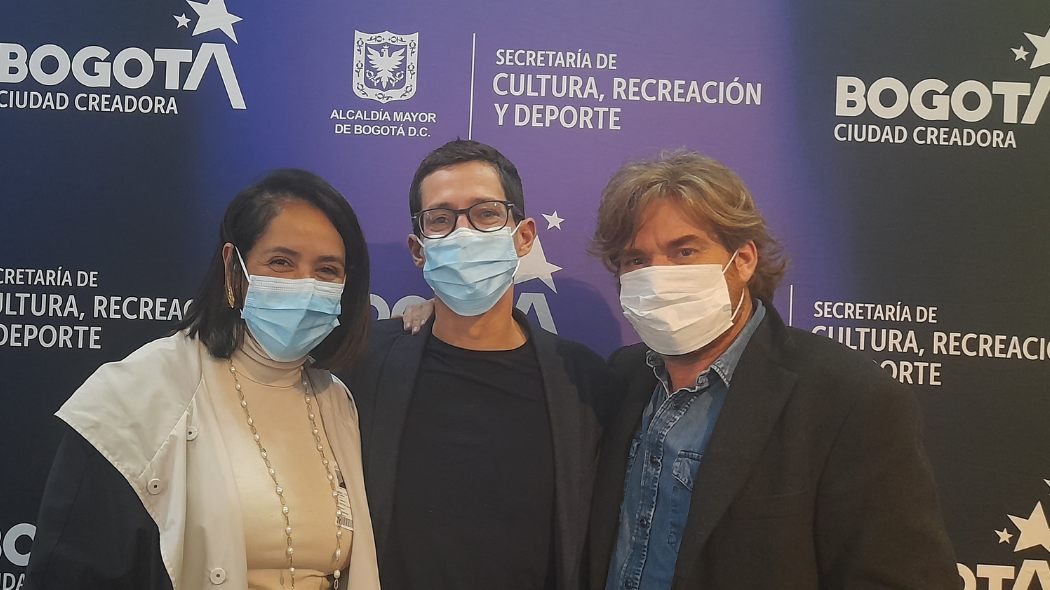The director of culture for the French garden-city of Metz, Vincent Dapozze sat down with representatives from several district offices in a meeting promoted by the United Nations Organization for Culture, Sciences and Education (UNESCO). The main objective of the meeting was to discuss the promotion of art and culture in Bogotá and how these insights might benefit cities abroad.
Bogotá and Metz are part of the UNESCO Creative Cities Network, a group formed to promote fraternity among the cities that work along the lines of creative and strategic urban development. Upon conducting an overview, the city of Metz decided to send Director Vincent Dapozze as a delegate to the capital of Colombia in order to see the value that Bogotá holds as a creative city for himself.
The Ministry of Culture, Recreation and Sports has been keen to organize an agenda for Director Dapozze to follow. First, he had the opportunity to meet: the CREA artistic creation and training institute in the town of Engativá. Following that, city officials took him on a guided tour of the Tunal Happiness Center; the Castle of the Arts in the town of Mártires; and the Virgilio Barco library. Each location offers a piece of the history that has shaped the city into its current form.
Portal Bogotá sat down with the Messin Director of Culture to discuss the impact of his visit.
Portal Bogotá: What is the main objective of your visit to Bogotá? Vincent Dapozze: The city of Metz is very interested in the good practices of Bogotá in the teaching of education in arts, culture and music. I’ve come to take note of what has worked for them. Even though our cities are of such different sizes, the challenges of teaching -- especially their solutions -- can be shared.
P.B: From your visit, what would be the greatest innovation that you would apply in Metz?
V.P: I think they have done a great job in terms of centralizing the teaching process, I thought it was wonderful and very practical solution to have education in visual arts, music and literature all in one place.
I was also impressed by Centro La Felicidad’s inclusion of sports into their program. For example, we do not have that, and I think it is important. Many musicians have told me that they seek the physical conditioning of athletes. Combining the possibility of learning music and training the body is something that is very useful and clever.
From the Castillo de las Artes, they told me about the door-to-door program that they’ve used to gather people, so that they are made aware of the services and schedules. That extra effort to go straight to the public is wonderful, and in fact, we sometimes have difficulties in gathering people ourselves. So, knocking on people's doors and telling them about the schedules, about the services, is to go even further. I saw the people’s enthusiasm and I think it is a result of that.
P.B: What happens next in this exchange?
VP: I’ll take what I’ve seen, in fact, I already met with a team from the French Embassy here and I’ve already told them a little about the experience. Now we have discussed with the local authorities, what could be applied, and this meeting was the beginning of several projects that we hope to carry out. We hope this relationship deepens. I have many notes, many good ideas and a very good impression.







